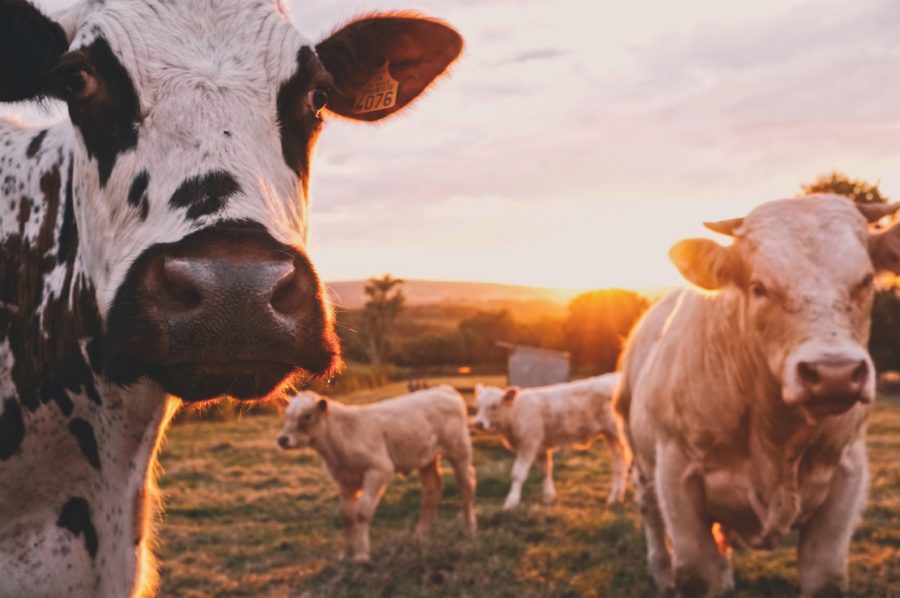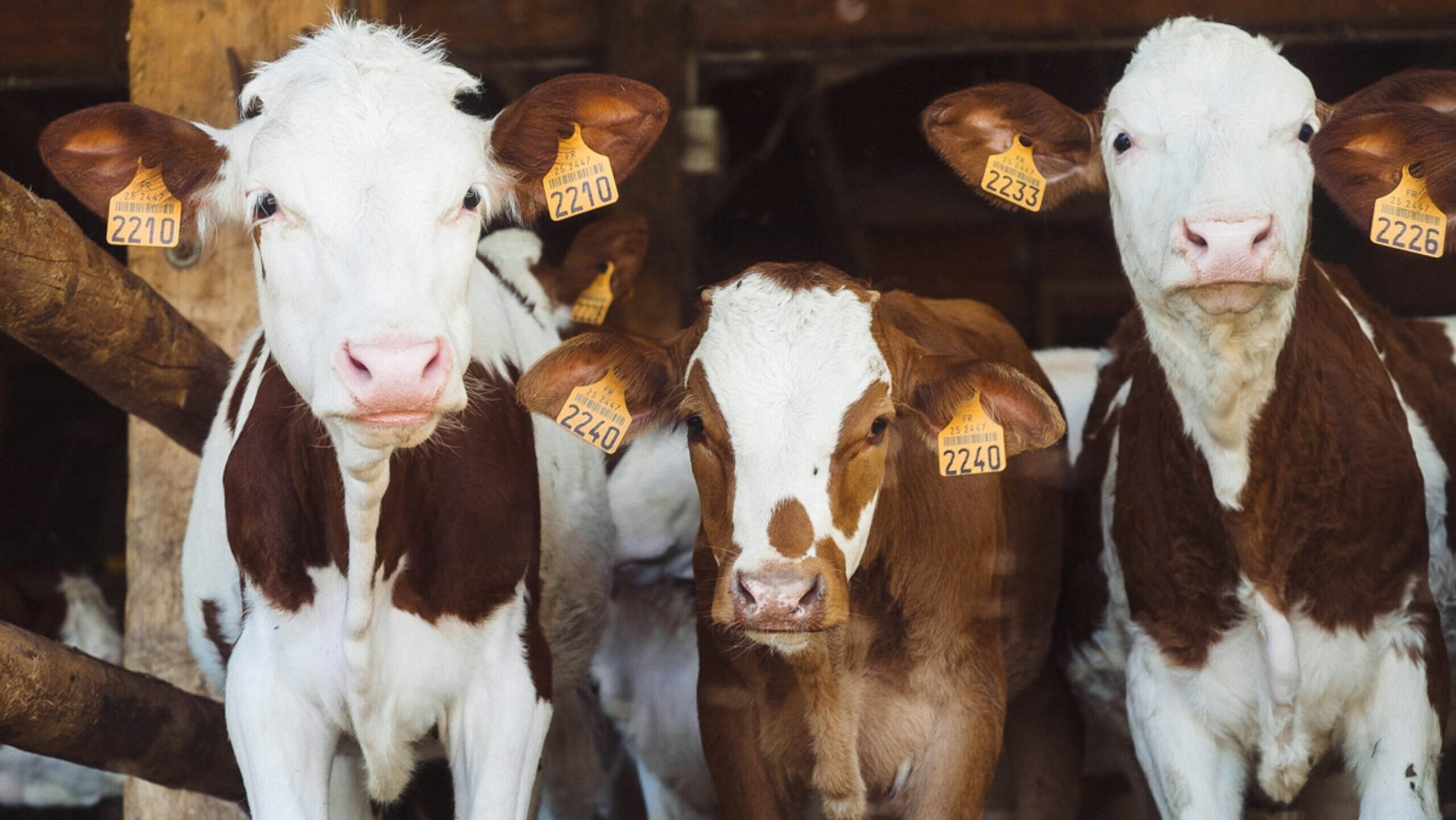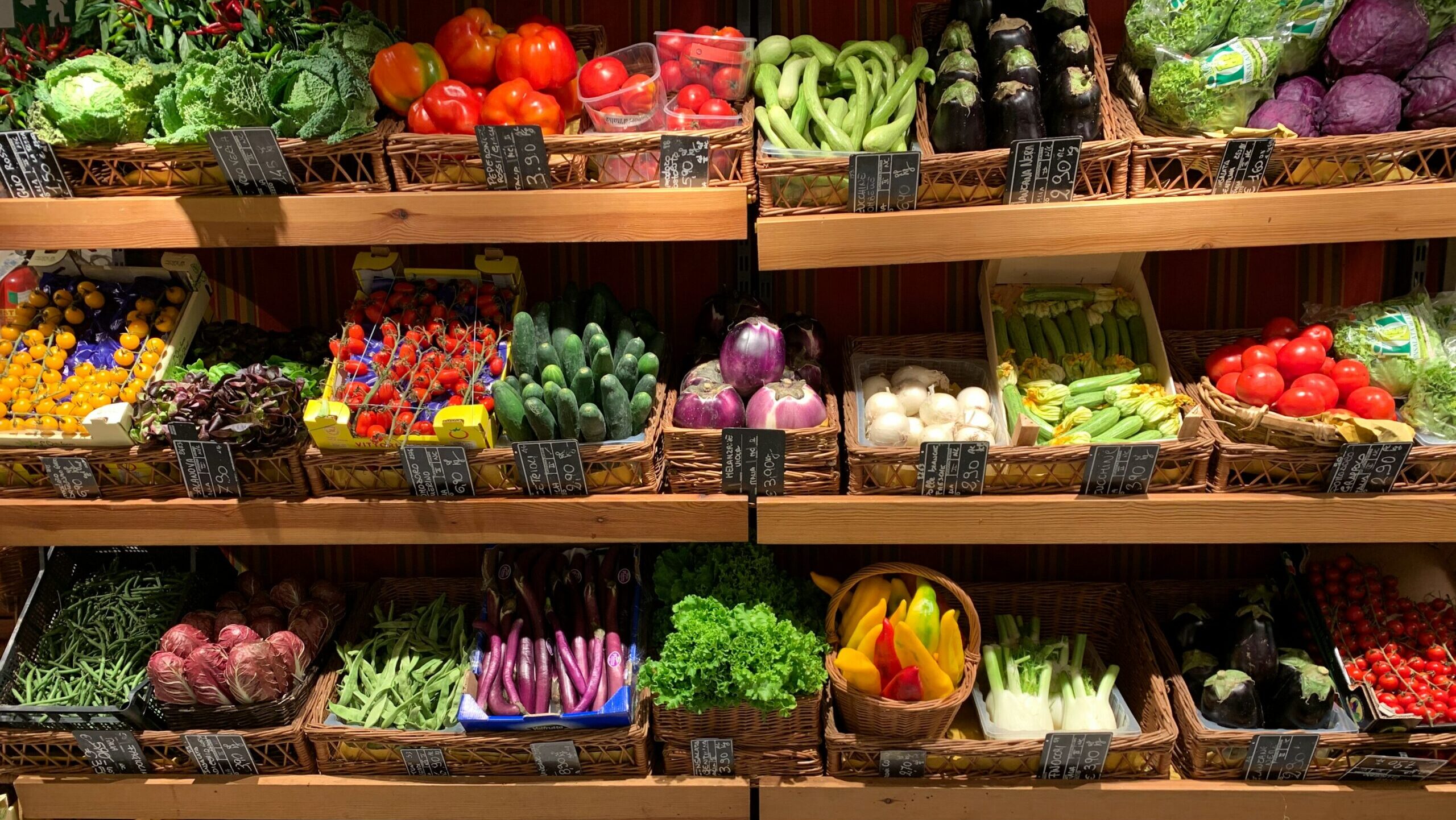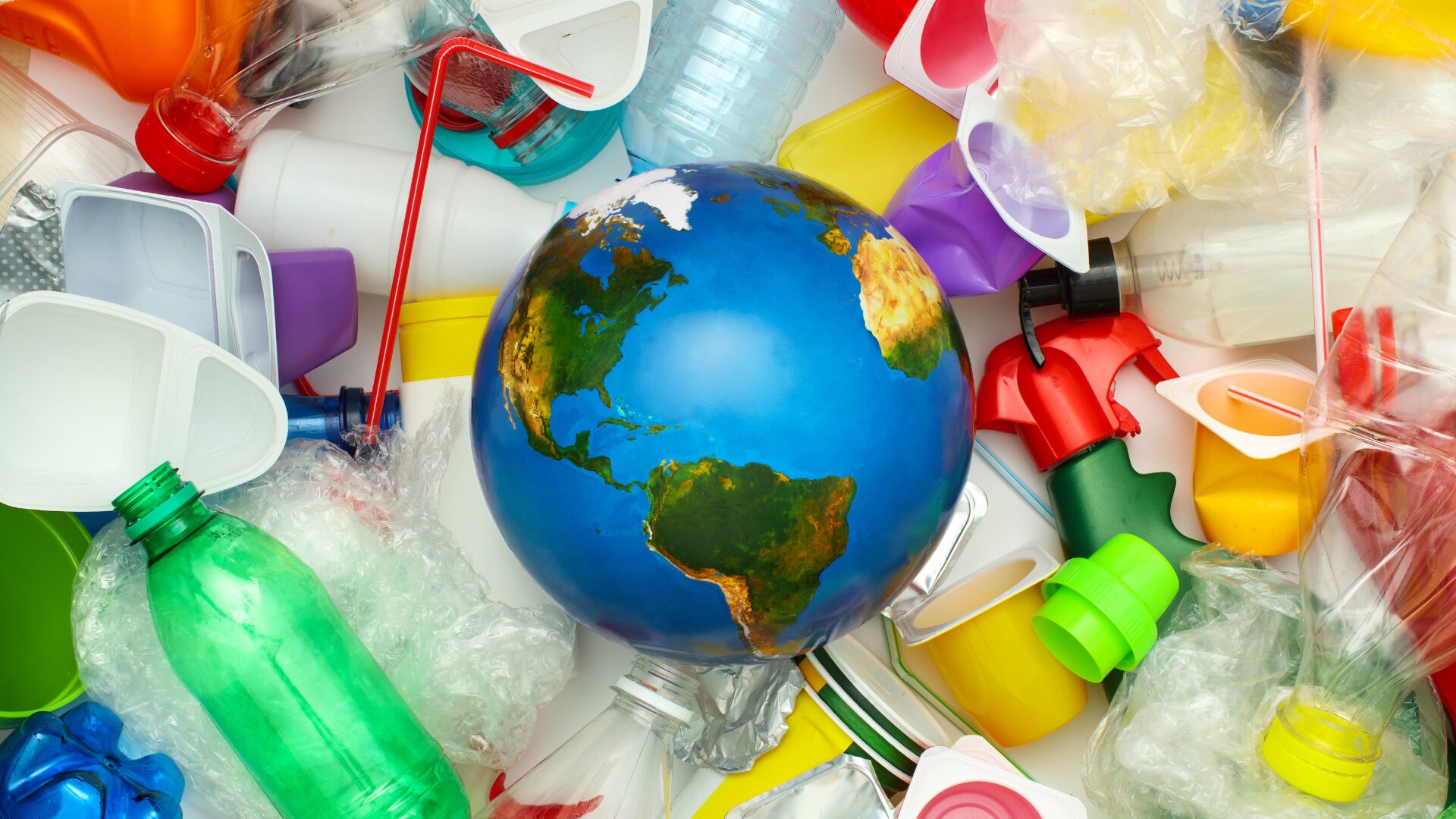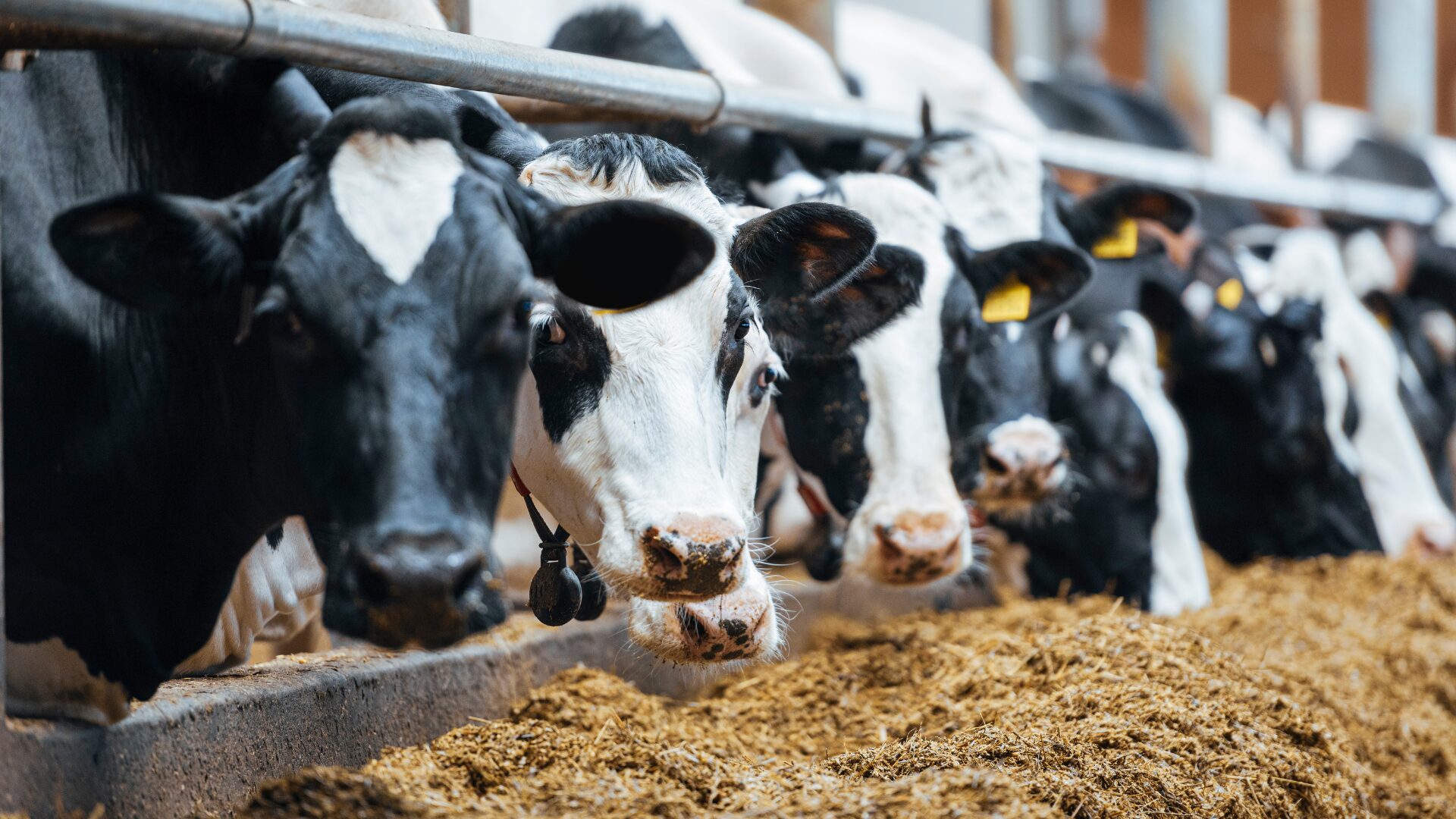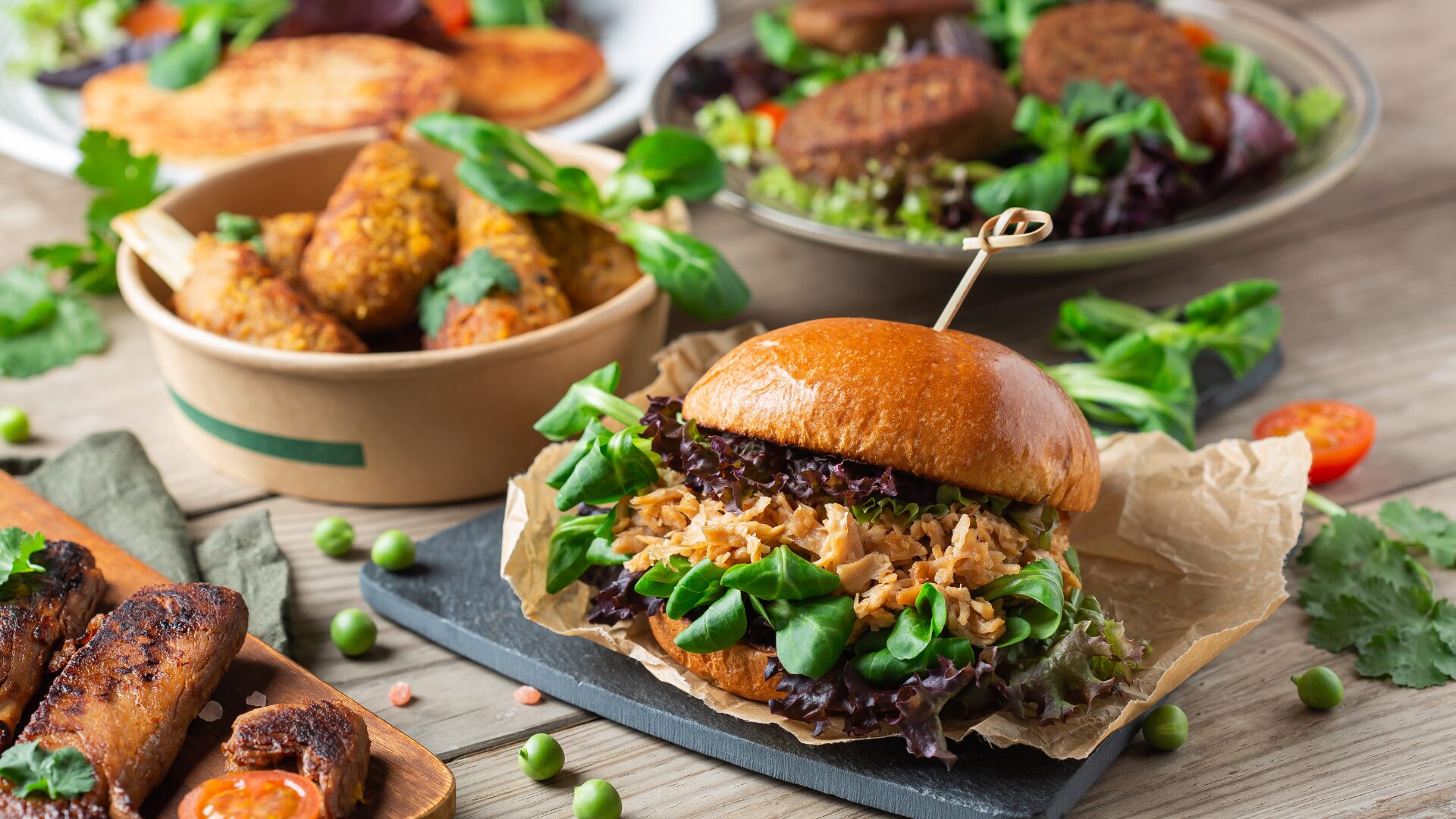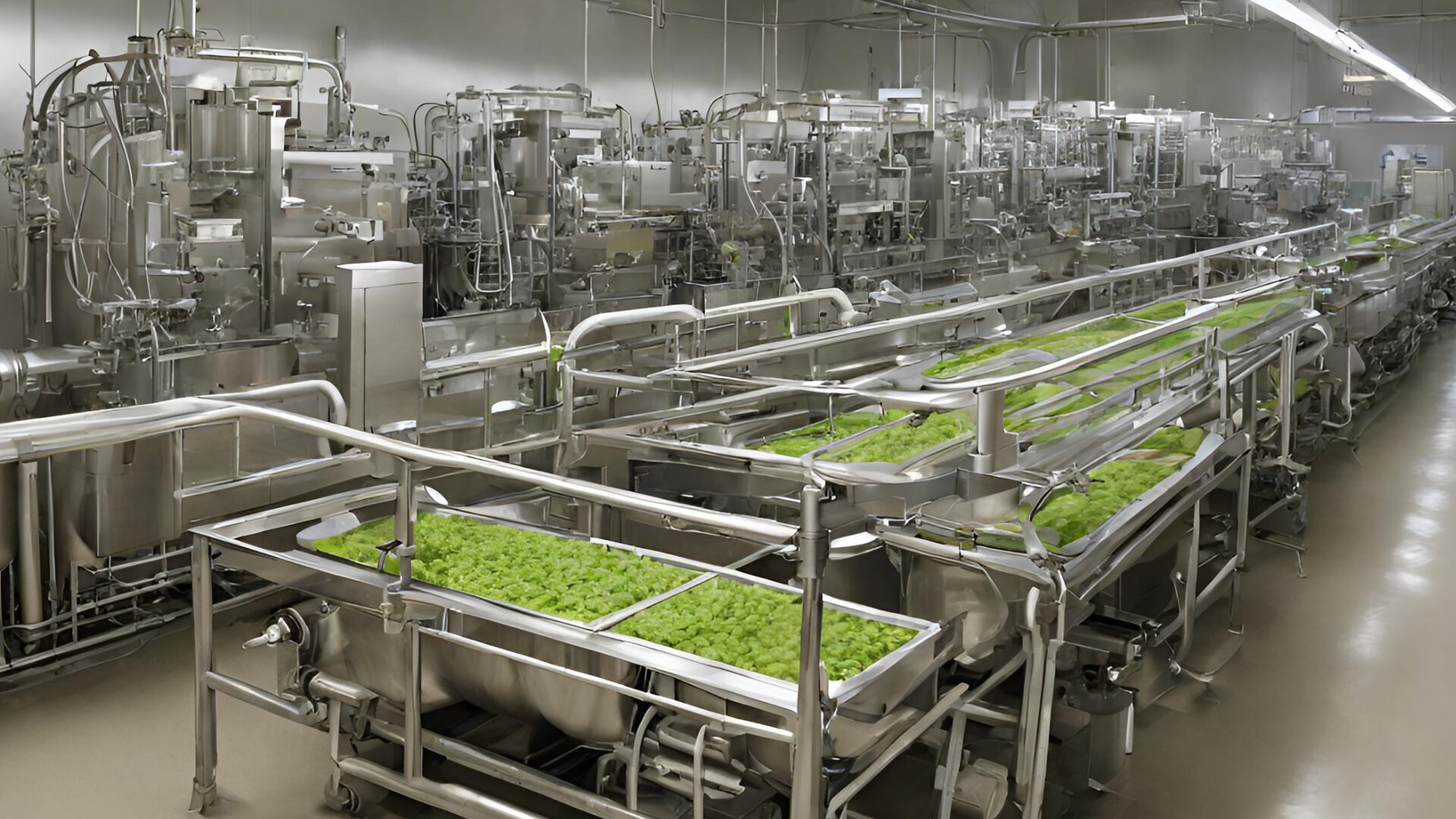Most the world’s largest meat and dairy companies haven’t made commitments to achieve net-zero emissions by 2050. Researchers from New York University noted in a recent study that the largest meat and dairy producers are mainly making commitments that center on mitigating energy use, with little focus on emissions resulting from animal and land use.
MEAT & DAIRY COMPANIES’ IMPACT ON CLIMATE
“Large meat and dairy companies are not doing enough to tackle climate change, and countries are not doing enough in terms of holding them accountable,” said Jennifer Jacquet, an associate professor in NYU’s Department of Environmental Studies and one of the authors of the study.
Of the 35 companies studied, only Dairy Farmers of America, Nestlé, Danish Crown, and Danone had made commitments, as of July 2020, to achieve net-zero emissions by 2050. The team’s analysis also found that JBS, Tyson, and Cargill are the three companies with the largest emissions in absolute terms. However, those companies are still making improvements.
JBS recently committed to zeroing the balance of its global greenhouse gas emissions by 2040, reported Reuters (March 23). The move came amid backlash from consumers and investors threatening to boycott or divest from companies contributing to deforestation in Brazil.
Cargill and McDonald’s Canada will also work with beef farmers and ranchers to support a Forage Program that works to return 125,000 acres of cropland to grass and pasture by 2025, reported Meat + Poultry (March 29). Additionally, Brazil’s Marfrig Global Foods recently reported that it has the potential to “net zero” its balance of greenhouse gas emissions by 2040, according to a report from Meatingplace.com.
CPG COMPANIES MAKING STRONGER EFFORTS
Meanwhile, consumer packaged goods companies have been making efforts in climate-focused initiatives. For example, Kellogg recently announced it plans to shift its manufacturing electricity sources to over 50% wind energy globally by the end of 2022. The company signed a long-term wind energy virtual power purchase agreement with Enel Green Power for approximately 360 gigawatt hours of wind electricity in North America annually.
Additionally, Hershey revealed 2030 goals to reduce its global emissions in line with the global best practice of the Paris Climate Agreement, to limit global temperature rise to 1.5°C. Goals include: investing in energy efficiency, advancing sustainable packaging solutions, and ending deforestation by 2030.


